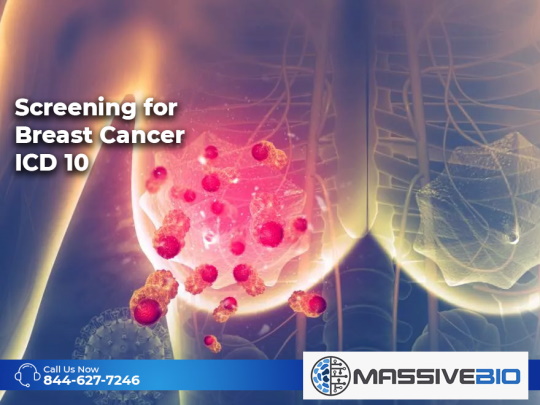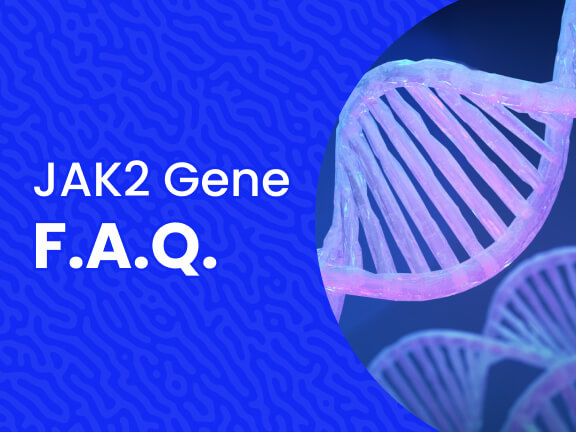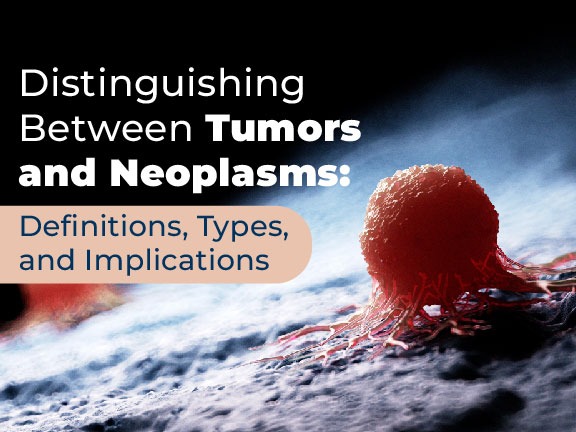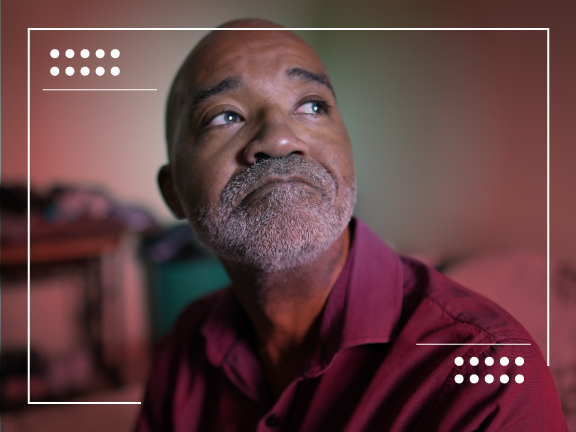What is Bladder Cancer?
Bladder cancer begins in the urinary bladder. It has fewer than 120,000 cases per year in the United States and is four times more common in men than women and affects older adults. Though it can be diagnosed at any age.
Bladder Cancer Symptoms
Bladder cancer can cause a variety of signs and symptoms. If you’re experiencing any of these symptoms, consult with your doctor.
- Blood in the urine, either can be visually seen or detected in a lab test
- Frequent urination
- Painful urination
- Back pain
What Causes Bladder Cancer?
Bladder cancer is caused when the cells in the bladder mutate. Mutation causes cells to rapidly divide and multiply, and these abnormal cells accompany the space that healthy cells should. These abnormal cells create a tumor in the bladder. There are a few types of bladder cancer:
- Urothelial carcinoma – occurs in the cells that line the inside of the bladder.
- Squamous cell carcinoma – associated with chronic irritation of the bladder.
- Adenocarcinoma – begins in the cells that make up mucus-secreting glands in the bladder.
Bladder Cancer Risk Factors
The main risk for bladder cancer include family history, inherited gene mutations, chronic bladder infections, smoking, long-term use of catheters, exposure to chemicals, being male, and having previous cancer treatment.
Bladder Cancer Prevention
There is no guaranteed strategy to prevent bladder cancer. The best you can do is reduce your risk by paying attention to risk factors. For example, take action to avoid smoking and exposure to chemicals, and eat a healthy diet. If you have a family history of bladder cancer, pay attention to any changes in your body and consult with your doctor if you have any concerns.
Bladder Cancer Treatment
The four most common forms of treatment for bladder cancer patients are surgery, radiation therapy, chemotherapy, and immunotherapy. Many of the screening methods and treatment options will have to be repeated multiple times for the bladder cancer patient. These repeated tests will note the progress that has been made throughout treatment. Sometimes doctors will use surveillance of the urinary tract to check for recurrence.
Lab tests, (advanced genomic testing and urine tests) biopsy, pyelogram, imaging tests (X-ray), MRI, ultrasounds, bone scans, and CT scans are all common forms of screening for bladder cancer. For those who already have a history of bladder cancer, a cystoscopy of urine cytology can be used to test for a recurrence.
Bladder Cancer Clinical Trials?
There are approximately XX bladder cancer clinical trials that are currently recruiting patients in the United States right now. With such an extensive list, many of them could be beneficial for you. Our team of oncology nurses and our artificial intelligence based clinical trial matching system will find the best option for you.
A study of NKTR-262 in combination with NKTR-214 plus Nivolumab in patients with locally advanced or metastatic solid tumor malignancies.
Pemigantinib + Pemrolizumab vs Pemigatinib alone vs standard of care for Urothelial Carcinoma (FIGHT-205).
With just a few clicks, you can see your clinical trial matches now. Click here to use our advanced clinical trial match tool.
How Do We Help Bladder Cancer Patients?
Massive Bio offers an independent cancer treatment analysis as well as clinical trial matching for bladder cancer patients. Our patient relations coordinators work closely with patients to gather information on their current medical status, and then will provide a list of options from available cancer clinical trials close to your home.
We can also provide a comprehensive case analysis through our Virtual Tumor Board from cancer specialists. The Virtual Tumor Board (VTB) is comprised of highly specialized oncologists from nationally-recognized Cancer Centers of Excellence. In just 7-10 days after receiving your medical records, we can get you a treatment plan without having to travel far distances and use your valuable time.
Our team of patient relations coordinators can help guide you to treatment options you might not have been previously aware of. Although you might be new to cancer, we certainly are not. Navigating cancer patients through the tricky path of finding the best treatment is our goal. No two cancer patients are alike, which is why we find treatment for all of our patients based on their specific genomics, location, stage of cancer, and nearly 100 more data points.













